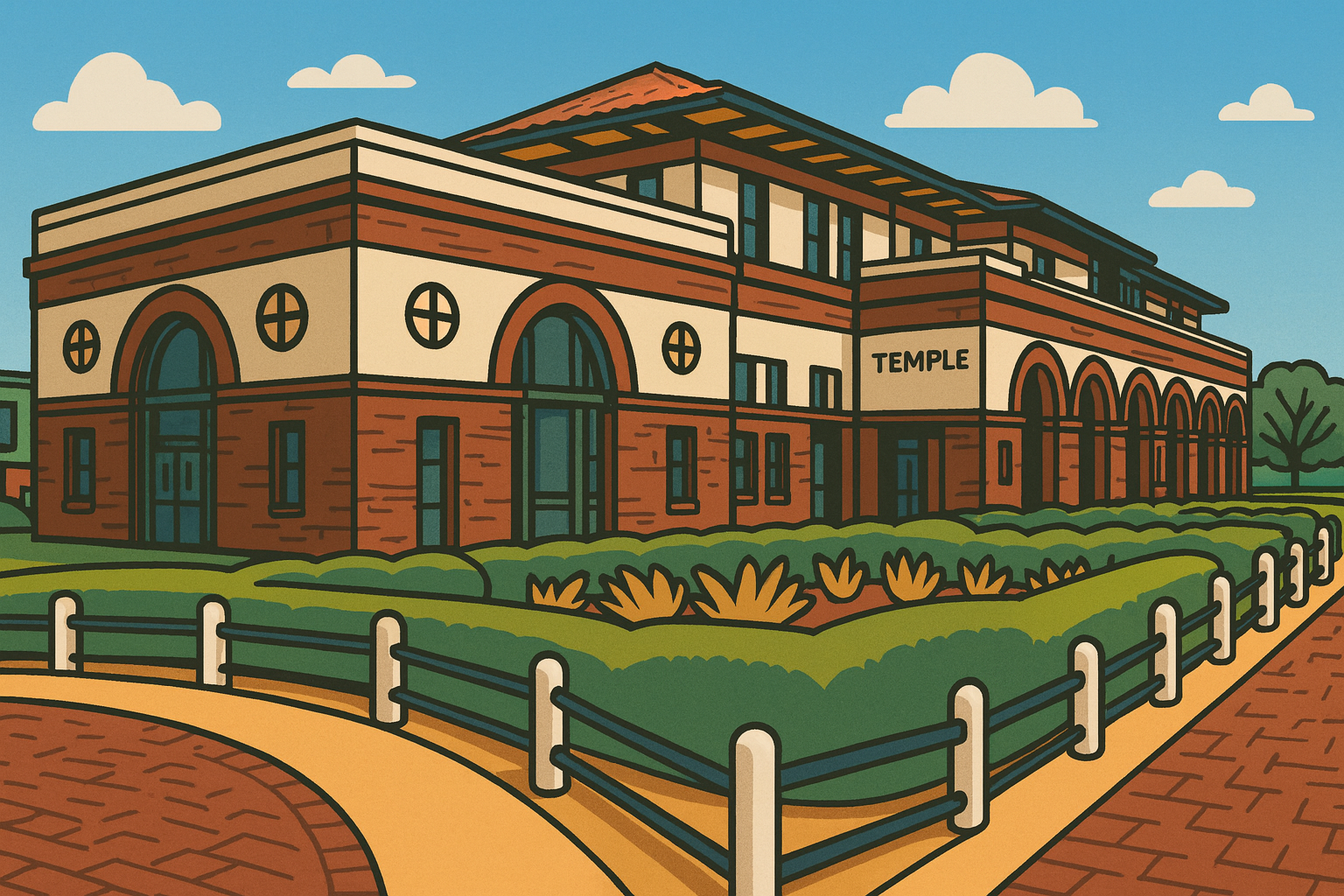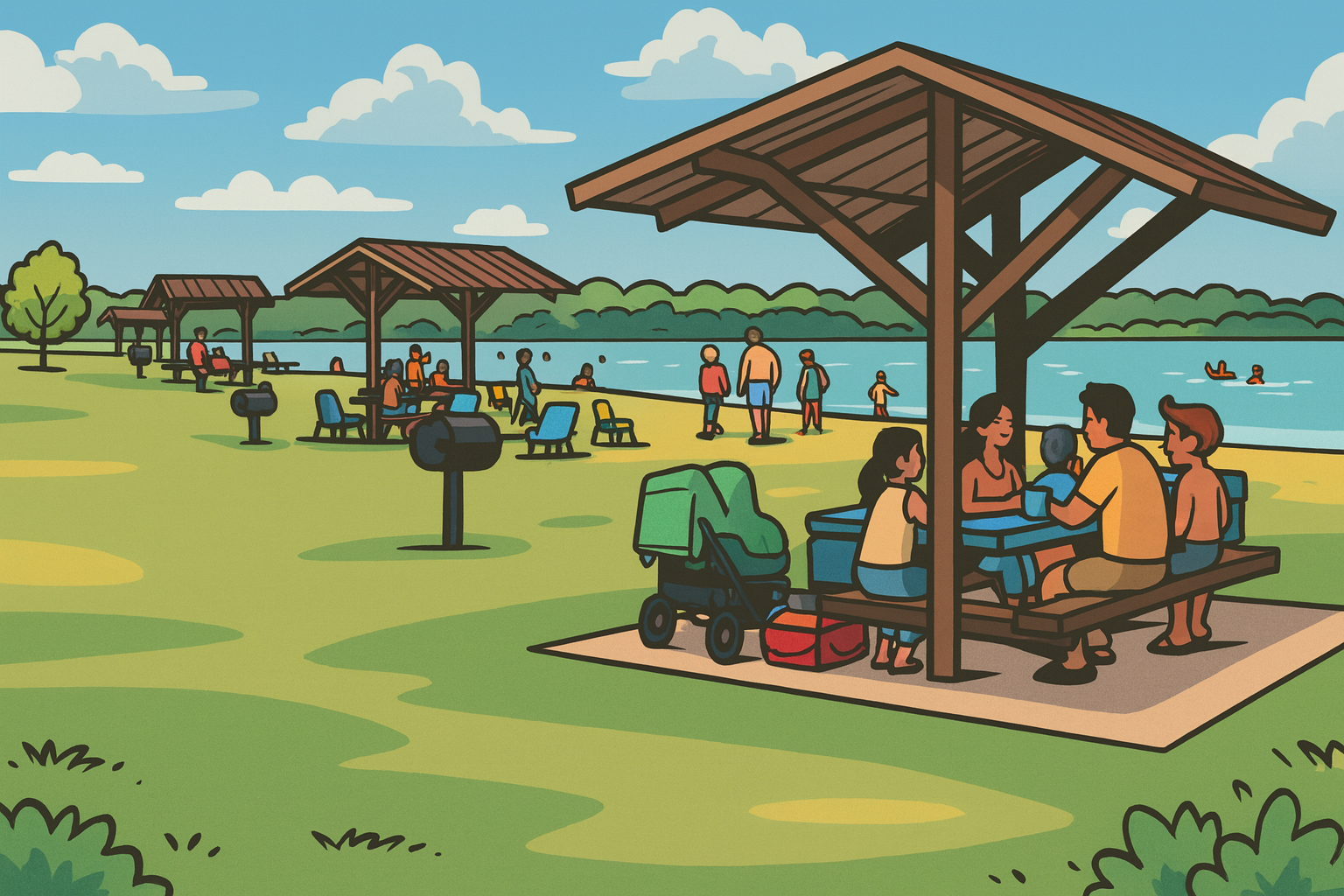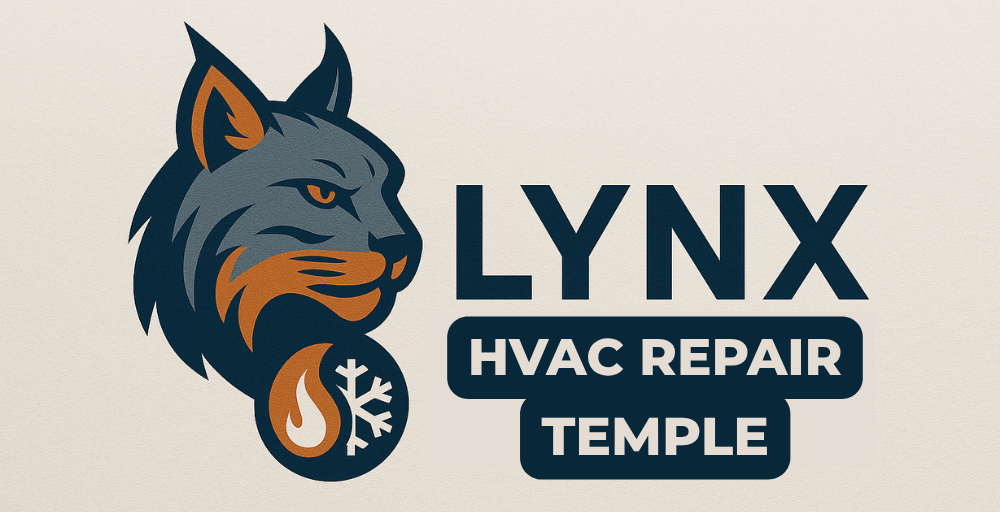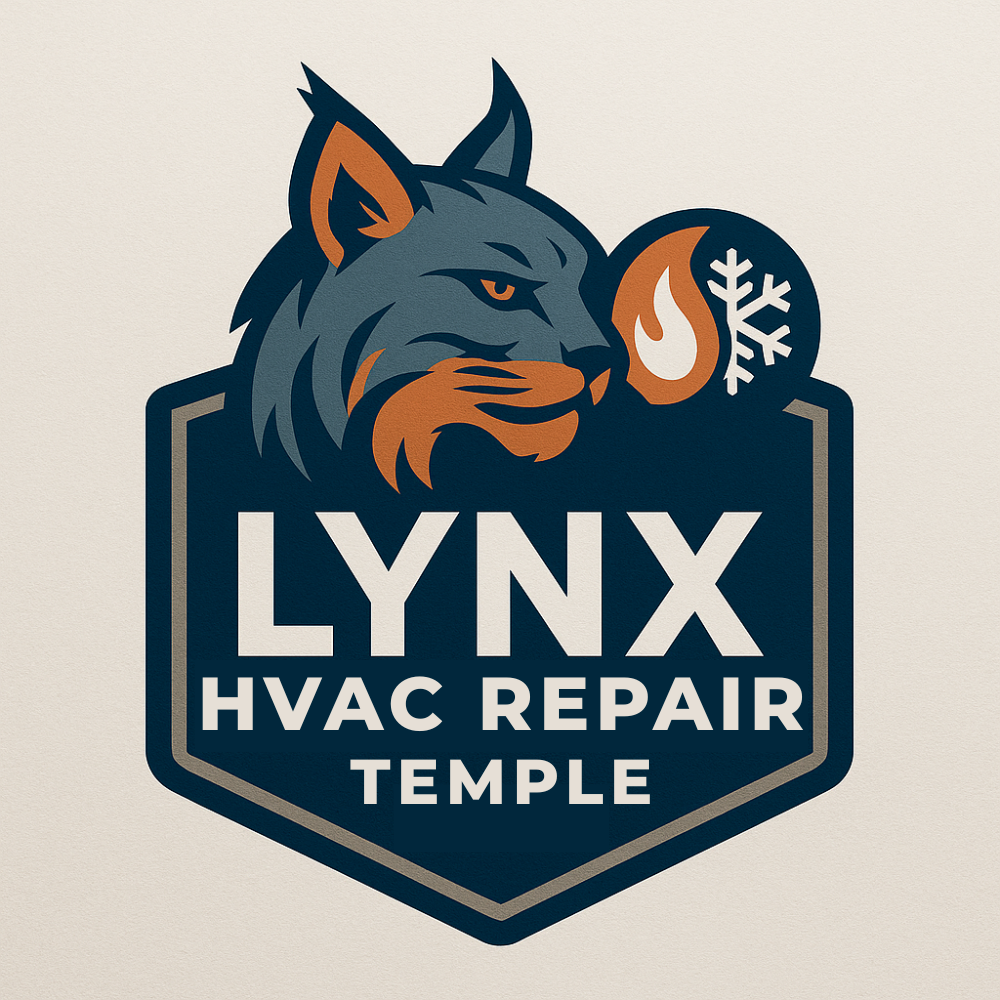AC Not Blowing Cold Air in House: Expert Solutions from Temple's Top HVAC Pros
When your air conditioning system stops blowing cold air in Temple, TX, it can quickly turn your comfortable home into an unbearable space during our scorching summer days. A non-cooling AC system often signals common issues like dirty filters, low refrigerant levels, or malfunctioning components that a qualified HVAC technician can diagnose and repair.
Local homeowners face unique cooling challenges due to our intense Texas heat waves and high humidity levels. An AC unit running without producing cold air not only affects your comfort but can also lead to increased energy bills and potential system damage if left unaddressed.
Professional HVAC diagnosis ensures your cooling system receives the right repairs and maintenance to restore efficient operation. Many AC problems start small but can develop into costly issues without proper attention from experienced technicians who understand central Texas cooling demands.
Key Takeaways
- Regular maintenance prevents most common AC cooling problems
- Professional diagnosis saves time and prevents further system damage
- Quick response to cooling issues protects your comfort and system longevity
Key Reasons Your AC Is Not Blowing Cold Air
When your AC stops cooling properly in Temple's hot climate, specific mechanical and maintenance issues are typically to blame. A quick inspection of these common problems can help identify the source and determine whether you need professional HVAC service.
Incorrect Thermostat Settings
Check your thermostat's settings first - this simple step often solves cooling problems. Set the system to "COOL" mode rather than "ON" or "FAN."
The temperature setting should be at least 5 degrees below the current room temperature for the AC to activate properly.
Verify that your thermostat's batteries are fresh and the display is functioning correctly. A blank or flickering screen indicates power issues.
Important thermostat settings to verify:
- Fan set to "AUTO" not "ON"
- Mode switched to "COOL"
- Temperature set point correct
- Program schedule matches your needs
Dirty or Clogged Air Filter
A clogged filter restricts airflow, forcing your AC system to work harder while delivering less cold air. Replace disposable filters every 60-90 days during peak cooling season.
Dirty filters can cause:
- Reduced cooling power
- Higher energy bills
- Frozen evaporator coils
- System strain and damage
Hold your filter up to a light source - if you can't see through it, it needs replacement. Use filters with the correct MERV rating for your system.
Low Refrigerant or Refrigerant Leak
Low refrigerant levels prevent proper cooling and indicate a leak requiring professional repair. Signs of refrigerant issues include warm air from vents and hissing sounds near refrigerant lines.
A properly functioning AC should never need refrigerant recharging - the system is sealed and continuously cycles the same refrigerant.
Warning signs of refrigerant leaks:
- Ice formation on copper lines
- Higher than normal electric bills
- Poor cooling performance
- Bubbling or hissing sounds
Contact a licensed HVAC technician to properly diagnose and repair refrigerant leaks. Attempting DIY refrigerant work is illegal and dangerous.

Diagnosing AC Issues in Temple, TX Homes
Temple homes face unique AC challenges due to intense Texas heat. Professional diagnosis starts with checking common electrical components, moving to mechanical parts, and examining system controls.
Resetting the Circuit Breaker
Circuit breakers protect AC systems from electrical overload. A tripped breaker can completely shut down your cooling system.
Locate your home's electrical panel and check if the AC breaker has moved to the middle or off position. If it has tripped, switch it fully off before pushing it back to the on position.
Warning Signs of Breaker Issues:
- Frequent tripping
- Warm breaker switch
- Burning smell near panel
- Multiple resets needed
Battery and Electrical Problems
Dead thermostat batteries often cause AC performance issues. Replace batteries every 6-12 months to maintain proper system function.
Check for loose or damaged electrical connections at both the indoor and outdoor units. Look for signs of wire damage or corrosion around terminals.
Common Electrical Symptoms:
- Blank thermostat display
- Intermittent operation
- System unresponsive
- Strange clicking sounds
Dirty Condenser Coils
Condenser coils release heat from your home. Dirt and debris buildup forces your system to work harder and reduces cooling efficiency.
Clean coils help maintain proper refrigerant pressure and temperature. Professional cleaning prevents damage to delicate fins and components.
Signs of Dirty Coils:
- Reduced cooling output
- Higher energy bills
- Hot air around outdoor unit
- System running longer than usual
Faulty Capacitor and Thermostat
Capacitors provide the electrical boost needed to start AC motors. When they fail, your system may struggle to start or maintain operation.
Modern digital thermostats can malfunction due to wiring issues or programming errors. Incorrect temperature readings lead to comfort problems.
Key Indicators:
- Humming sound without startup
- Delayed system response
- Inconsistent temperature control
- Display glitches
When to Call an HVAC Professional
Professional HVAC technicians have specialized tools and expertise to diagnose complex AC problems that go beyond basic troubleshooting.
Signs You Need Professional Help
Strange noises like grinding, squealing, or banging from your AC unit require immediate professional attention. These sounds often indicate serious mechanical issues.
Your energy bills rising significantly without changes in usage patterns suggests system inefficiency that needs expert evaluation.
If your AC keeps running but doesn't cool below 78 degrees, this indicates potential refrigerant leaks or compressor problems that require professional tools to fix.
Critical warning signs include:
- Ice formation on cooling coils
- Electrical burning smells
- Water leaks around indoor unit
- System short cycling
- Complete loss of cooling power
Preventing Major System Failures
Regular professional maintenance twice yearly helps catch problems before they become expensive repairs. Spring checkups prepare your system for peak summer performance.
A qualified HVAC technician will:
- Test refrigerant pressure levels
- Clean condenser coils
- Check electrical connections
- Calibrate thermostat settings
- Inspect ductwork for leaks
Schedule maintenance visits during mild weather seasons. This timing allows technicians to spot wear and tear before extreme temperatures stress your system.
Keeping detailed service records helps track your unit's performance and predict potential failures. Share these records with your technician during visits.
Enhancing Comfort and Efficiency
Modern technology and smart solutions help Temple homeowners maximize their AC performance while reducing energy costs and improving indoor comfort.
Smart Thermostats and AI Monitoring
AI-powered thermostats like Ring and LG ThinQ learn your temperature preferences and adjust settings automatically. These devices detect potential AC issues before they lead to complete system failure.
Smart monitoring systems track temperature variations throughout your home and optimize airflow for consistent cooling. Many units connect to mobile apps for remote control and instant notifications.
Professional installation of AI monitoring equipment helps prevent costly repairs by identifying problems early. The systems analyze performance data to recommend maintenance schedules specific to your usage patterns.
Exclusive Coupons and Seasonal Offers
Sign up for our email newsletter to receive $50 off your next AC maintenance visit. We offer special pre-season tune-up discounts in early spring.
Our VIP Maintenance Program includes:
- Priority scheduling
- 15% discount on repairs
- Free filter replacements
- Seasonal system checks
First-time customers save 20% on diagnostic services when booking through our website.
Promoting Better Sleep and Indoor Air Quality
Quality sleep requires optimal temperature control. Set your smart thermostat to automatically lower temperatures by 2-3 degrees during sleeping hours.
Advanced filtration systems remove:
- Dust particles
- Pet dander
- Pollen
- Airborne bacteria
Regular filter changes every 60-90 days maintain clean airflow and reduce allergic reactions. Consider installing UV light purification for enhanced air quality.
Meta studies show proper AC maintenance can reduce respiratory issues by up to 30% through improved air circulation.
You might also like




